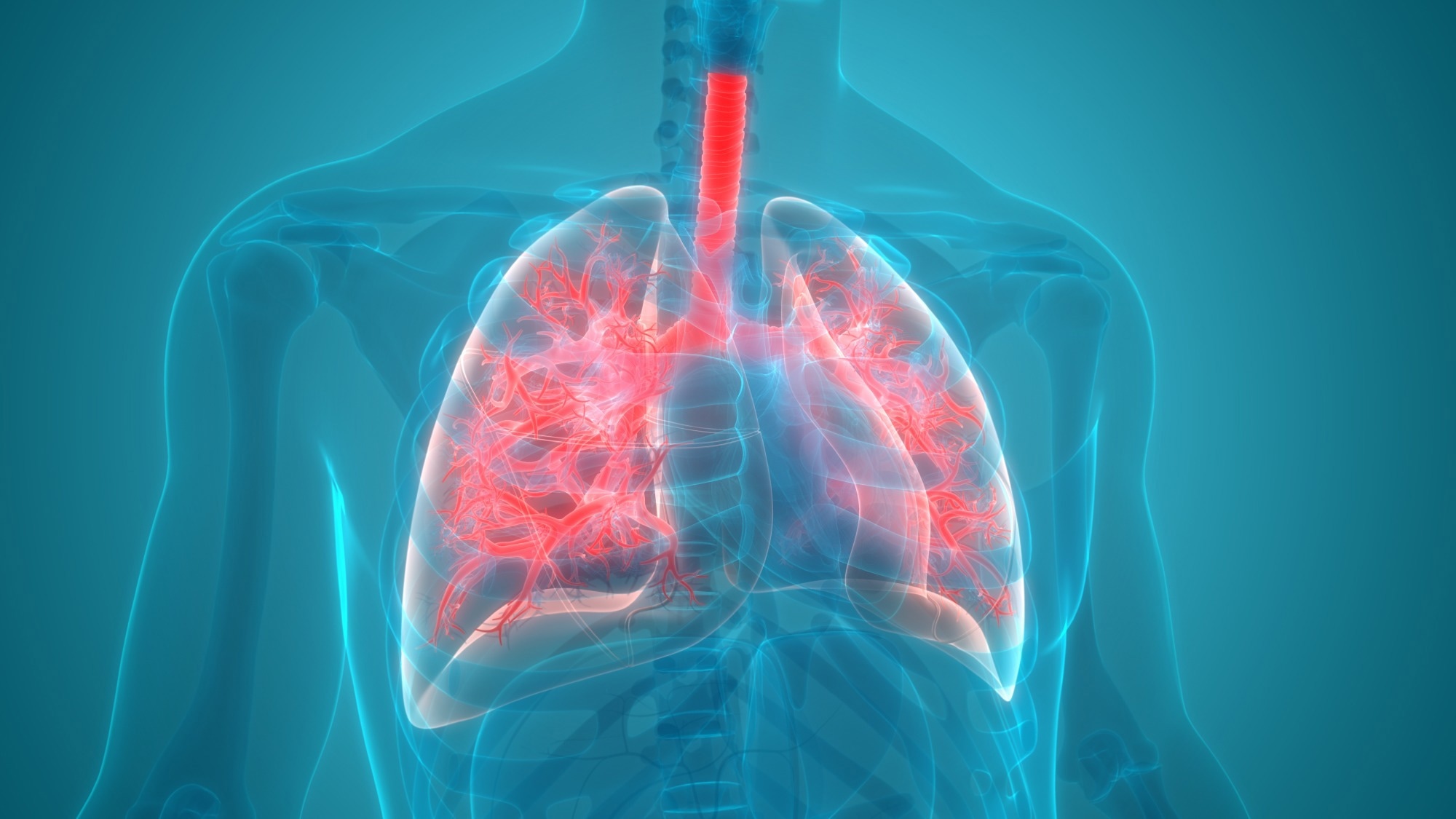Introduction
Implications of the evidence
Poor sense of smell and other disorders
References
Further reading
Poor sense of smell, otherwise known as poor olfaction, is common in older adults. Historically, poor olfaction in elderly people has been implicated in neurodegeneration, but it is becoming increasingly correlated with other diseases such as pneumonia.
 Image Credit: Magic mine/Shutterstock
Image Credit: Magic mine/Shutterstock
Researchers from Michigan State University have determined that a poor sense of smell is correlated with a higher risk of pneumonia in older adults. Although more recently, an acute loss of smell has been identified as a common symptom of COVID-19, historically (over the past two decades), it has been implicated in other conditions such as Parkinson's disease and dementia.
The study published in the journal Lancet Healthy Longevity was a first-of-a-kind study to determine the association between poor sense of smell and possible risk of pneumonia, and recurrent pneumonia hospitalization, in addition to death in a community-based cohort of older adults.
The team analyzed 13 years of health data obtained from 2494 older adults aged between 71 and 82 years from the metropolitan regions of Pittsburgh, Pennsylvania, and Memphis, Tennessee.
Participants were asked to complete an olfaction test, and sense of smell/ olfaction was determined as good, moderate, or poor using the Brief Smell Identification Test. These participants were followed from baseline until the date of pneumonia hospitalization, death, last contact in the study, or at the close of the 13 years of follow-up, whichever came first.
Researchers found that after accounting for potential confounding factors resulting from differences in demographics, lifestyle, health-related conditions, and competing risk of death, participants rated as having poor olfaction demonstrated a higher rate of total pneumonia hospitalizations relative to those evaluated as having good olfaction. Those rated as having poor olfaction were 50% more likely to be hospitalized at any point during the 13 years follow-up; in addition, poor olfaction was associated with a higher rate of first-ever pneumonia hospitalization.
taken together, this study was the first epidemiological evidence demonstrating that a poor sense of smell is associated with a long-term increased risk of pneumonia in older adults.
Implications of the evidence
Although this is the first epidemiological evidence linking a poor sense of smell with an increased risk of pneumonia, it remains to be confirmed by subsequent studies. If confirmed, it could pave the way for several novel mechanistic, epidemiological, and clinical studies to unveil how poor sense of smell might affect the risk of pneumonia and the overall health status of older adults.

 Related: Pneumonia Classification
Related: Pneumonia Classification
Poor sense of smell and other disorders
Research over the past two decades has established that a poor sense of smell in the elderly is considered to be what is known as a prodrome or symptom of both dementia and Parkinson's disease. A prodrome is defined as an/ or many early symptom(s) or sign(s) predictive of disease onset before more diagnostically specific clinical presentations can be seen.
Overall, poor olfaction has been demonstrated to reduce mortality in older adults. Most notably, a 2019 analysis revealed that Parkinson's disease and dementia could only account for approximately 22% of the excess 10-year mortality among the elderly with a poor sense of smell; an additional 6% could be explained by weight loss. However, the remaining ~ 70% of excess mortality observed remains unexplained.
This preliminary investigation, while unconfirmed, could raise the possibility that poor olfaction could be a marker for other health conditions alongside neurodegenerative diseases in addition to pneumonia.
References
- Liu B, Luo Z, Pinto JM, Shiroma EJ, Tranah GJ, Wirdefeldt K, Fang F, Harris TB, Chen H. Relationship Between Poor Olfaction and Mortality Among Community-Dwelling Older Adults: A Cohort Study. Ann Intern Med. 2019 May 21;170(10):673-681. doi: 10.7326/M18-0775. Epub 2019 Apr 30. PMID: 31035288; PMCID: PMC7673250.
- Yuan Y, Luo Z, Li C, et al. Poor olfaction and pneumonia hospitalization among community-dwelling older adults: a cohort study. The Lancet Healthy Longevity, 2021;2(5):e275. doi: 10.1016/S2666-7568(21)00083-0.
Further Reading
Last Updated: Oct 4, 2022